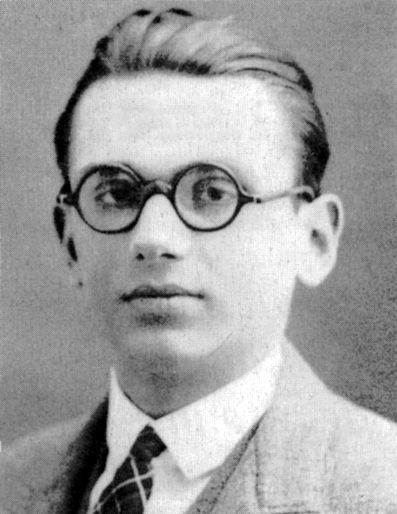Gödel’s Loophole is a supposed “inner contradiction” in the Constitution of the United States which Austrian-American logician, mathematician, and analytic philosopher Kurt Gödel postulated in 1947. The loophole would permit the American democracy to be legally turned into a dictatorship. It has been called “one of the great unsolved problems of constitutional law” by F. E. Guerra-Pujol.



I would think that the ability to change from a democracy to some other form of government with the consent of a majority of the people wasn’t something Gödel (or the authors of the Constitution) would have viewed as unintentional or problematical. I think it more likely that Gödel thought he’d found something the Constitution’s authors didn’t anticipate and would have changed if they’d been aware of it.
The bar for things deserving of constitutional change is already low, and history shows it. Plenty of things in the Constitution would be changed in hindsight—that’s why we have the amendment process in the first place. But the major argument about this “loophole” I’ve read is actually precisely that: that Godel felt the process was disturbingly easy to manipulate. Just look at how the Senate rules for confirming SCOTUS nominees and cabinet members dropped to a simple majority. It’s entirely constitutional to take Article V and weaponize it, even to transform the Constitution into a charter for a fascist theocracy, as long as enough people support it.
The real threat isn’t an overnight authoritarian coup; it’s far more subtle—a calculated, step-by-step re-engineering of Article V itself. The first step is an amendment to require simple majorities in state legislatures for adoption and then removing those messy, inhibitory state legislatures entirely, framed as a way to “restore the Constitution to its hallowed status as a living document.” This sets the stage for the next move—an amendment eliminating the supermajority requirement in Congress to pass amendments. Of course, that change comes wrapped in patriotic rhetoric: “returning power to the people through their representatives, so the people’s voice can once again shape the founding document of our democracy!”
Now the game is on. A party in power with a simple majority in congress can rewrite the Constitution at will. A flurry of amendments follows, each more extreme than the last: extending presidential terms indefinitely, consolidating power in the executive branch, and then they close the door by passing a final amendment granting the president sole authority to interpret or invoke the Fifth Amendment.
And that’s it. The Constitution is still “living,” still technically unbroken from its adoption in the 18th century, but now it’s a tool for maintaining authoritarian rule. It has been legally and constitutionally transformed into a framework that makes the government unrecognizable as a democracy.
There is no legal way to undo it. Once the Constitution is amended to entrench authoritarian power, it becomes the ultimate barrier to change. The only way back would require abolishing the Constitution itself.
“Living document,” they’d call it, and it would be true. But this version of the Constitution wouldn’t live for the people. It would endure as a monument to how democracy destroyed itself, legally and constitutionally, from the inside out.